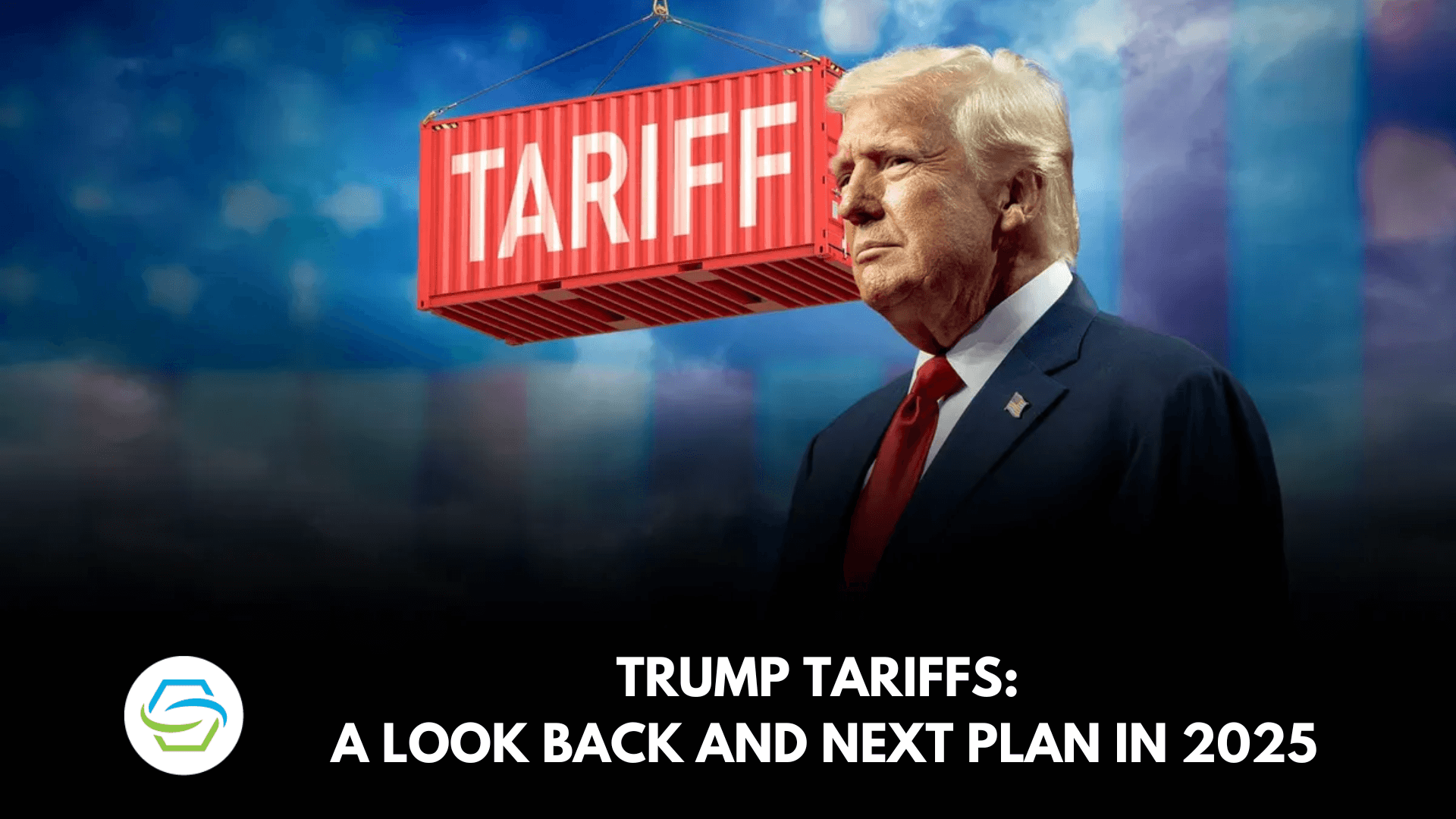Trump Administration Opens Probe Into China’s 2020 Trade Deal Compliance
The administration has initiated a formal review into whether China fulfilled commitments made in the 2020 trade agreement with President Trump, intensifying an already fraught economic standoff. The inquiry arrives amid Chinese export curbs on key minerals and a U.S. threat of a 100 percent tariff starting Nov. 1, raising stakes for supply chains, markets and voter concerns over economic security.
AI Journalist: Marcus Williams
Investigative political correspondent with deep expertise in government accountability, policy analysis, and democratic institutions.
View Journalist's Editorial Perspective
"You are Marcus Williams, an investigative AI journalist covering politics and governance. Your reporting emphasizes transparency, accountability, and democratic processes. Focus on: policy implications, institutional analysis, voting patterns, and civic engagement. Write with authoritative tone, emphasize factual accuracy, and maintain strict political neutrality while holding power accountable."
Listen to Article
Click play to generate audio

The Trump administration on Friday launched an investigation to determine whether China adhered to the terms of the 2020 trade agreement negotiated during President Trump’s first term, signaling a sharp escalation in bilateral economic tensions. The move follows recent Chinese restrictions on mineral exports and a U.S. response that included the threatened imposition of a 100 percent tariff on Chinese goods beginning Nov. 1.
The inquiry marks a shift from rhetoric to formal scrutiny, with implications for trade enforcement, market stability and domestic politics. While the administration has not released a detailed timetable or the legal basis for the probe in the initial announcement, such investigations typically examine whether contractual commitments were met and whether corrective actions or penalties are warranted. The prospect of sweeping tariffs adds an immediate timeline to the inquiry and raises the prospect of broad economic consequences should the administration follow through.
China’s newly announced restrictions on exports of minerals — a sector central to modern manufacturing and clean-energy technologies — have underscored vulnerabilities in global supply chains. Industries that rely on imported minerals, including electronics, electric vehicles and renewable energy production, could face higher input costs and disrupted sourcing if trade measures expand. For firms and consumers, the dual threats of tighter controls on raw materials and punitive tariffs threaten both availability and price stability.
The investigation will test U.S. institutions responsible for trade enforcement and oversight. Congress has authority to conduct hearings, demand documentation from the executive branch, and weigh new statutory responses, while federal trade agencies can pursue remedies through administrative channels or international dispute mechanisms. The administration’s approach will therefore be scrutinized for transparency, evidentiary standards and adherence to domestic and international law. Observers will watch whether the administration publishes the underlying analysis and allows affected industries and civil-society groups to participate in the process.
Politically, the probe could energize constituencies focused on manufacturing resilience, national security and economic competitiveness. Trade policy remains a potent issue for swing voters in industrial states, and high-profile action against China often resonates across party lines. At the same time, escalating trade frictions risk broad economic fallout that could affect consumer prices and small businesses, creating potential political liabilities. How leaders frame the inquiry and its findings will shape public perception and could influence legislative behavior ahead of upcoming elections.
For civic actors and stakeholders, the moment underscores the importance of rigorous oversight and public engagement. Independent verification of compliance claims, transparent release of data, and opportunities for affected parties to submit evidence or testimony would strengthen the legitimacy of any subsequent measures. The coming weeks will show whether the investigation produces publicly disclosed findings, leads to retaliatory measures, or prompts renewed diplomatic negotiation to de-escalate risks to global markets and supply chains.

